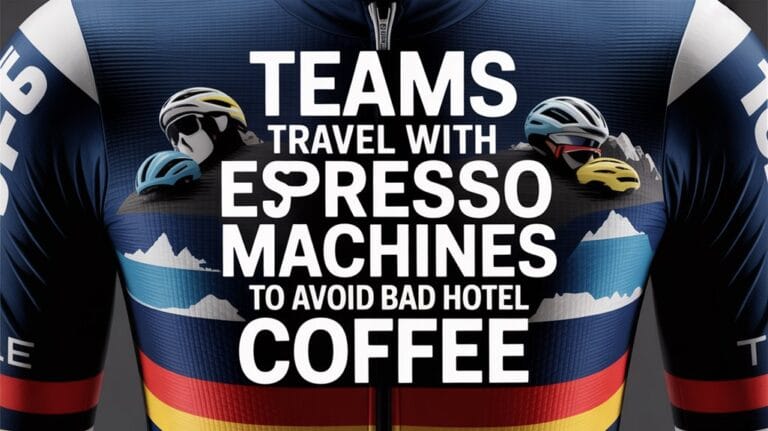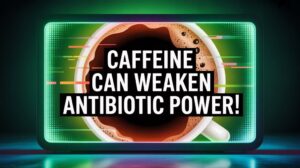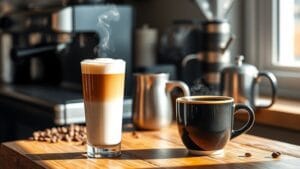As cyclists push through the Tour de France‘s punishing stages, caffeine fuels not just their bodies but a strategic edge. Caffeine rituals—like pre-race espressos or gels timed for max impact—are part of a science-backed approach to performance improvement. Riders aim for around 3 mg of caffeine per kilogram of body weight, a dose proven to increase endurance without jitters. Victor Campenaerts, for instance, took 200 mg in gels during a stage’s final hours, aligning with research showing this range sharpens focus and delays fatigue.
While some studies test higher doses, 3 mg/kg remains the sweet spot for balancing gains and side effects. The caffeine doesn’t just come from coffee. Energy gels with precise 50-90 mg doses, caffeinated gum, and tablets let athletes adjust intake mid-race. But coffee’s still king for many riders, woven into team traditions.
Espresso shots before stages aren’t just about the buzz—they’re rituals bonding riders and staff. Given that French hotel coffee is often deemed subpar, many teams travel with portable espresso machines or AeroPresses to ensure quality. Recent studies have shown that different brewing methods can significantly affect caffeine content, influencing how riders tailor their caffeine intake. Even with alternatives like gels offering faster absorption, the allure of coffee’s taste and camaraderie keeps it central.
Timing is everything. Mixing caffeine with carbs—like energy drinks or gels—lets riders tackle the Tour’s massive energy demands. They eat up to 130 grams of carbs hourly during stages, pairing them with caffeine to stay alert and energized. This high-carb strategy aligns with emerging studies showing that sustained carbohydrate intake can extend a cyclist’s peak performance window during multi-stage races. Daily, cyclists consume roughly 13 grams of carbs per kilogram of body weight to restock glycogen stores.
Caffeine helps them push harder, whether climbing mountains or sprinting on flats. Research says a well-timed dose can shave a minute off a time trial, a huge margin in elite cycling. Beyond the body, caffeine fights mental fatigue. Long climbs or high-speed descents demand razor-sharp focus, and riders lean on caffeine to stay motivated and quick-thinking.
Even minor mental lapses can mean crashes or missed breaks. The culture runs deep. Teams often stick to caffeine routines passed down through generations. Pre-race espressos aren’t just practical; they’re a nod to cycling’s history.
While science shapes modern dosing, tradition keeps the coffee machine humming. For Tour de France riders, caffeine isn’t just a stimulant—it’s a ritual, a tool, and a link to the sport’s soul.



